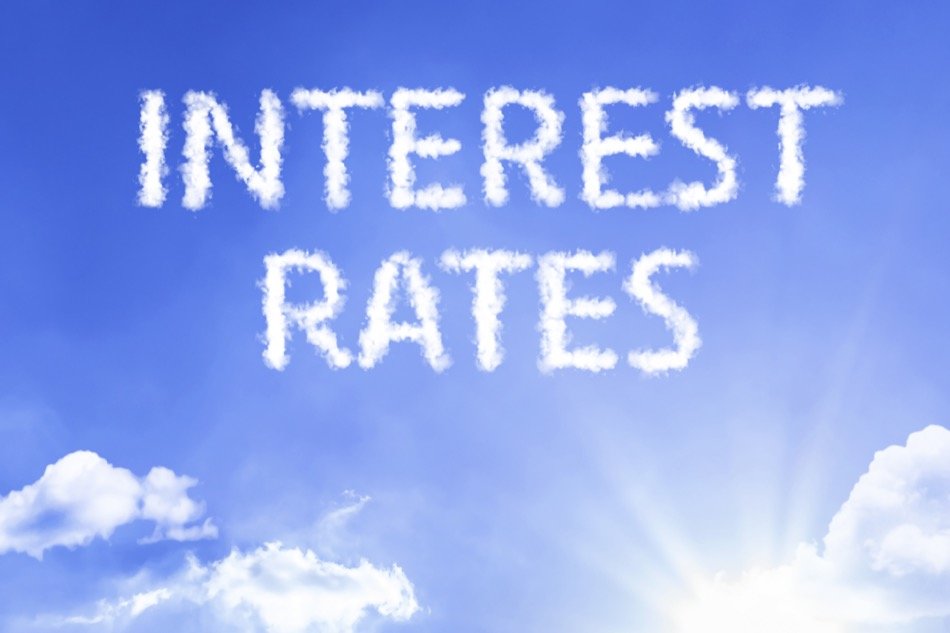How Home Interest Rates Affect Your Mortgage
Posted by Justin Havre on Tuesday, July 24th, 2018 at 9:36am.
 Interest rates not only vary depending on the type of loan a home buyer chooses, but they also vary on the location and the lender. Before a buyer is even pre-qualified for a certain loan amount, it helps to understand how interest rates will affect the long-term financial repercussions of the mortgage. Home buyers have a few important factors to consider before settling on a mortgage and rate that works for them.
Interest rates not only vary depending on the type of loan a home buyer chooses, but they also vary on the location and the lender. Before a buyer is even pre-qualified for a certain loan amount, it helps to understand how interest rates will affect the long-term financial repercussions of the mortgage. Home buyers have a few important factors to consider before settling on a mortgage and rate that works for them.
For informational purposes only. Always consult with a licensed mortgage professional before proceeding with any real estate transaction.
A Look at Interest Rates
A conventional loan is one that usually requests at least 20% of the home's total value as a down payment from the buyer along with a good credit history. The 20% payment was meant to establish enough equity in the home so homeowners were less likely to default on their mortgage. As a general rule, a person putting more money down on a home receives a lower mortgage interest rate. This is because the bank would have deemed the borrower was a lower-risk than someone how did not put as much money down.
Other than the amount of the loan, the credit of the borrower and the amount put down on the loan, interest rates are are not in the control of the home loan borrower. Interest rates on loans and in general are largely a function of the government as a matter of fiscal and monetary policy. They tend to go up and down as the economy, and in some cases, inflation and unemployment, move up and down.
Fixed Interest Rates
A fixed-rate loan means that interest rates will stay the course over the entire length of the loan. Buyers choose this option so they never have to worry about their interest rates rising and plan their budgets according to a single mortgage payment. Typically, a fixed-rate loan may have higher interest rates than other options on the market, but buyers should consider the long-term vs. short term gain.
In many cases, a fixed-rate mortgage will actually be lower over the life of the loan than a variable option. When choosing a fixed-rate loan, buyers should inquire about the breakage costs, or the penalties for paying off a fixed-rate loan early. Each lender has their own policy, so it helps to know the details before closing.
Variable Interest Rates
A variable rate mortgage will rise and fall based on the state of the economy. During periods of high interest rates, they're often some of the most coveted loans because the interest rates on them are very low. Plus, if interest rates drop in the future, homeowners may be able to pay off even more of the principal loan than they originally anticipated. However, in many cases, should interest rates rise, variable rate mortgage rates will also rise, increasing a borrowers house payment - though the increase would be contractually limited.
Depending on the borrowers financial condition, the amount of the loan and what interest rates are expected to do over the near and long-term, variable rate mortgages could be better or worse than fixed rate mortgages.
Open vs. Closed Mortgages
A closed mortgage will typically feature lower interest rates than an open mortgage, making it a good choice for many homeowners. Similar to a fixed-rate mortgage the homeowner will know how much they're mortgage payments will be over the length of the loan. However, a closed mortgage is also more difficult to break in the case the homeowner needs to move or otherwise cannot make their mortgage payments. If a homeowner wants to pay a closed mortgage off early, they'll either have to pay breakage costs or negotiate higher interest rates. An open mortgage gives a buyer more flexibility if they need to exit the home before the life of the loan, though the privilege comes with higher interest rates.
Additional Options
A convertible loan is one where a buyer can monitor mortgage rates over the course of six months before locking in a desired rate. It essentially leaves the door open to a potentially lower rate if one presents itself. However, the lower interest rates will typically need to occur within the first six months if the home buyer wants to avoid paying penalty charges for converting the loan. The exact costs a person pays over time is determined by the above variables plus a homeowner's amortization formula. This formula will calculate a homeowner's exact interest payments based on semi-annual compounding interest rates.
The amount a home buyer pays per month on their mortgage is determined by everything from their financial history to their amortization formula. Talking to a financial planner, mortgage lender or a real estate agent can make it easier to navigate the sea of choices a homeowner has when it comes time to settle on a particular interest rate. Whether a buyer wants a mortgage rate they can count on or they want to take their chances that rates will go down in the future, these professionals can give them a better idea of the real risks they may face.
For informational purposes only. Always consult with a licensed mortgage professional before proceeding with any real estate transaction.

